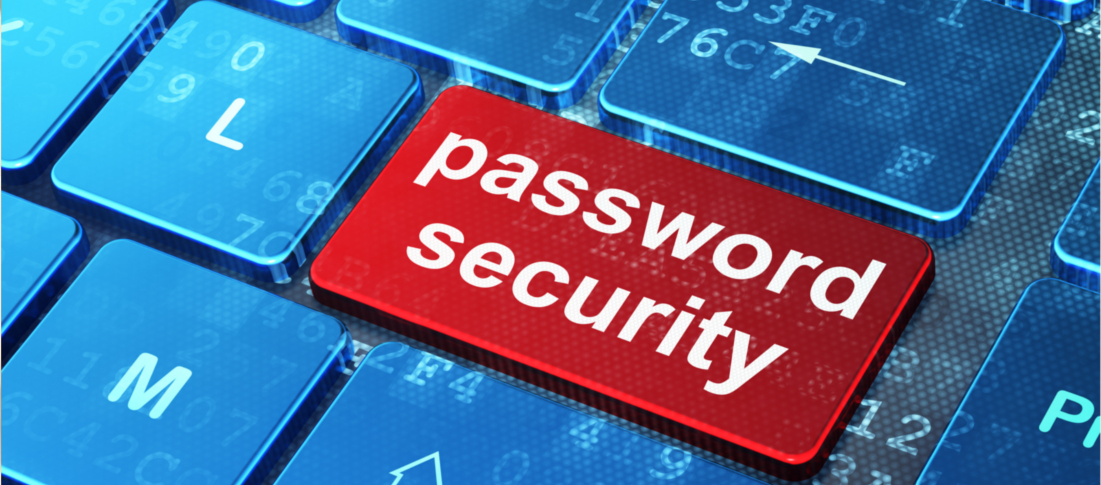Password Security
Belco’s online banking and Mobile services provide our members a convenient way to access their account information. These services also enable members to quickly and easily perform various functions, including checking account balances, Bill Payer, and check withdrawals. However, if your login information was compromised, these same convenient services could allow an unauthorized person to commit fraudulent activity, or even steal your identity. Your online banking login credentials are the most critical asset you have to protect your account information from unauthorized access. Therefore, Belco recommends that you create a password that: ##is 8 characters in length (although longer passwords are more secure)
- contains at least one number
- contains at least one uppercase letter
- contains at least one lowercase letter
- contains at least one of the following special characters: !#$%(*)+,-/;=?[\]^_'{}
- does not contain a name, words found in the dictionary, or words found in popular culture
Creating a strong complex password is the first step in ensuring your password security. Below are some other guidelines that Belco recommends you to follow.
- Do not share your password with anyone. Additionally, do not write your password down on paper or other media such as sticky notes.
- Change your password regularly. If you at all suspect that your password may have been compromised, you should change it immediately.
- Do not use the same password for multiple websites.
- Make sure your computer has a antivirus/antimalware program installed and up to date. You can review a list of security software tools to find the right solution for you.
- Avoid accessing online banking from public computers, or on public Wi-Fi. Others may be able to intercept information you send while connected to a public network.
- Make sure your computer is protected from malware. You can review a list of security software tools to find the right solution for you.
